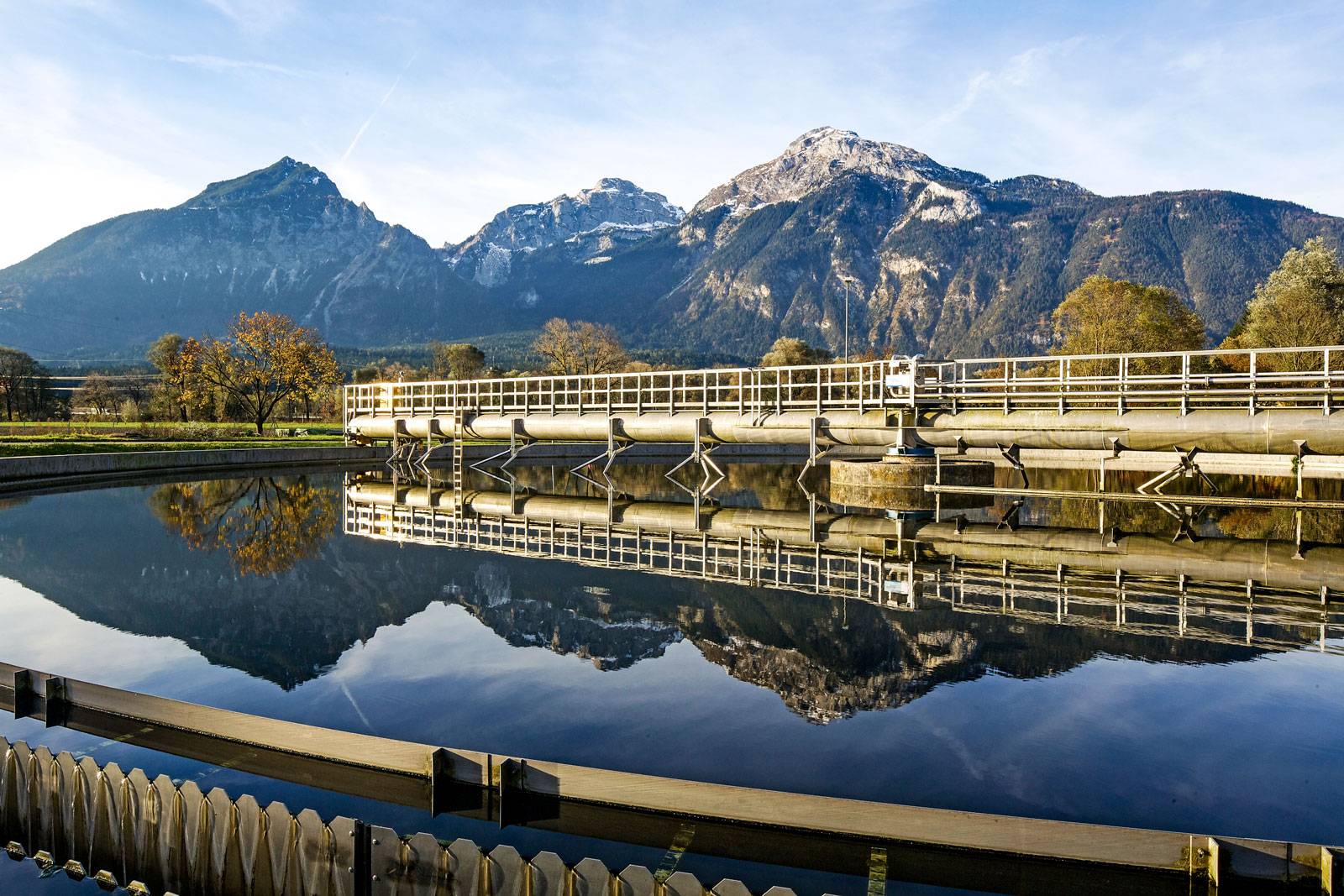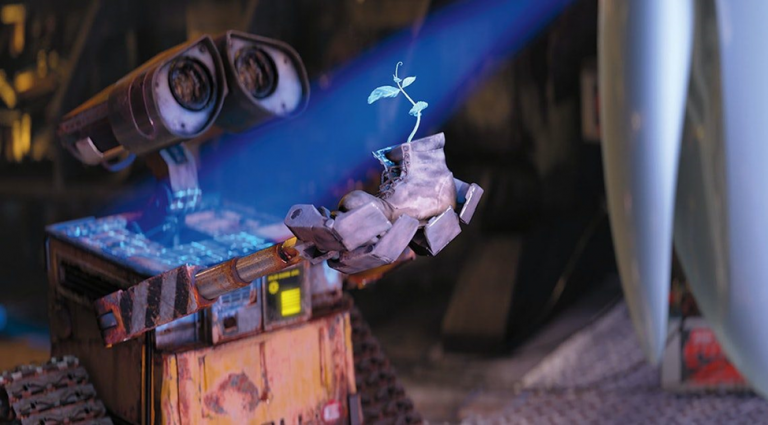Wastewater comes from homes, restaurants, and industries. To make it safe and clean again, it must go through many stages in special plants, depending on what kind of wastewater it is. These special plants include sewage treatment, industrial wastewater treatment, agricultural wastewater treatment, and leachate treatment plants. Making sure these plants run efficiently is crucial for public health and the environment.
How do we know if a plant is efficient or not?
 We use Key Performance Indicators (KPIs) to figure that out. These include things like how much energy is used for every gallon of water treated, how many chemicals are used, and how much sludge is produced. Several factors affect how well wastewater treatment plants work, like their design, how they are maintained, staff training, and how they are run day-to-day.
We use Key Performance Indicators (KPIs) to figure that out. These include things like how much energy is used for every gallon of water treated, how many chemicals are used, and how much sludge is produced. Several factors affect how well wastewater treatment plants work, like their design, how they are maintained, staff training, and how they are run day-to-day.
So, why aren’t current wastewater treatment plants efficient enough?
Treating wastewater takes a lot of energy. It is needed at every step, from collecting raw sewage to cleaning it up and releasing it. According to the International Water Association, wastewater treatment plants use between 1% and 3% of the world’s total energy, which is important for the economy and efficiency.
Another problem is the cost of running these plants. During wastewater treatment, sludge is produced, and it is full of organic matter and pathogens. For it to be safely disposed it needs to be treated. Studies from 2015 found that dealing with sludge makes up 50-60% of the total operating costs of wastewater treatment plants.
Furthermore, the efficiency of wastewater treatment plants is intricately linked to climate change. Events like floods, droughts, and storms, characteristic of climate change, have the potential to disrupt the regular operations of these plants, leading to possible overloads in the system.
What can be done to improve efficiency?
KPIs data can be used to focus on specific areas in wastewater treatment that need optimization. If the energy consumption is too high, there is a need to focus on implementing new technologies, for instance, anaerobic digestion or membrane filtration. If the resource consumption is too high implementing the water recycling systems and using alternative chemicals can be a starting point. Also, some of the measures might be:
- Doing self-assessments
- Using energy-efficient equipment and finding ways to recover and reuse nutrients.This means making biogas from sludge and extracting valuable stuff from wastewater.
- Regularly inspecting equipment and managing sludge effectively.
- Raising public awareness about the proper disposal of pharmaceuticals and hazardous waste
Conclusion
Efficiency is the key to successful wastewater treatment plants. By realizing its importance, using new tech and good practices we can keep our environment safe, save money and energy, and use resources wisely.
https://www.cleantechwater.co.in/how-to-optimize-wastewater-treatment-plants-for-maximum-efficiency/
Tomei, M.,Bertanza, G., Canato, M., Heimersson, S.,Laere, G.,Svanström, M. Techno-economic and environmental assessment of upgrading alternatives for sludge stabilization in municipal wastewater treatment plants. Journal of Cleaner Production. Pages 3106 – 3115.





